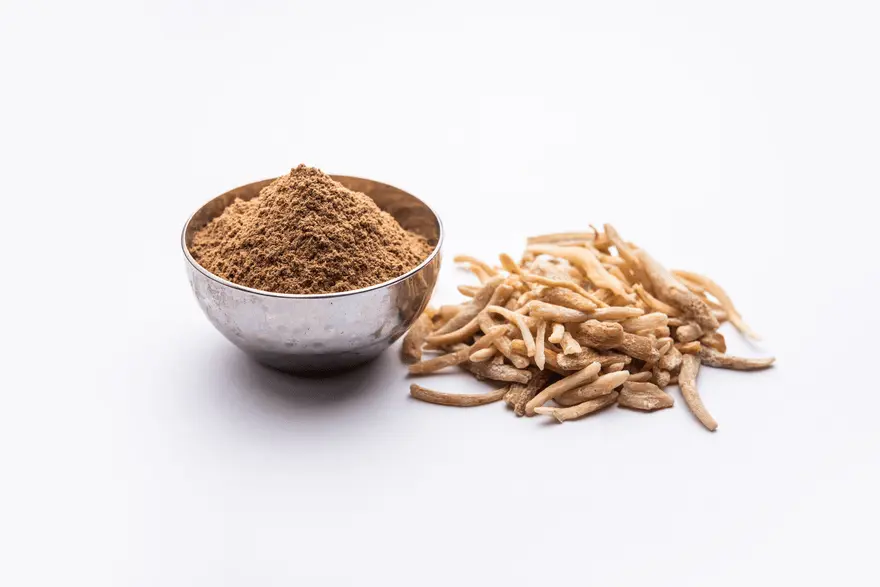Preventive Healthcare
Antineutrophil Cytoplasmic Antibodies (ANCA) Test: What It Is
2883 Views
0
-Test1702991228.webp)
What is an ANCA Test?
An antineutrophil cytoplasmic antibodies (ANCAs) test is a simple blood test that checks for these antibodies' presence in the blood.
ANCA is a form of autoantibody, a protein created by your body's immune system which targets normal tissue. They target proteins present inside healthy neutrophils, which are a part of your white blood cells, helping you fight off any infection.
An ANCA test helps detect the presence of autoantibodies and measures the amount present in the blood.
Why is ANCA Blood Testing Performed?
An ANCA test helps diagnose a set of autoimmune diseases known as vasculitis. This disease can cause inflammation or swelling of your blood vessels. ANCA blood tests are used to
-
Understand whether you are suffering from autoimmune vasculitis and identify the type
-
Monitor the progress of autoimmune vasculitis treatment
-
Find out if you have Crohn's or ulcerative colitis disease, both of which are inflammatory bowel disorders.
Types of vasculitis associated with ANCA are:
-
Granulomatosis with polyangiitis
-
Microscopic polyangiitis
-
Eosinophilic granulomatosis with polyangiitis
As blood vessels are responsible for transporting blood between the heart and other parts of the body, inflammation in these vessels can cause severe issues like aneurysms and organ damage.
Are There Different Types of ANCAs?
ANCAs are broadly divided into two primary types, and an ANCA test helps doctors understand if you have both or a single type.
-
cANCA: This type of autoantibody targets the enzyme proteinase 3(PR3) in your body.
-
pANCA: This type of autoantibody targets the enzyme myeloperoxidase (MPO) in the body.
Who Performs an ANCA Test?
An ANCA test is performed by a healthcare professional like a doctor, laboratory technician, or nurse who will take a sample of your blood before it is passed on to the laboratory for further testing.
How Does an Anti Neutrophil Cytoplasmic Antibody Test Work?
A lab technician will mix a small amount of your blood sample on a clean slide and mix it with neutrophils to carry out an ANCA test. If your blood contains ANCA, it attaches to the neutrophils, which can be observed using a microscope with the help of a special dye. These cells have a specific type of fluorescence, which helps identify whether they are cANCA or pANCA.
There are two main types of ANCA test procedures.
-
Indirect immunofluorescence: You only get an ANCA negative or ANCA positive test result, which tells you if you have ANCAs.
-
Enzyme-linked immunosorbent assay (ELISA) helps you identify the kind of protein the autoantibodies target in the neutrophils.
How Do I Prepare for an ANCA test?
Usually, you do not need to do anything different to prepare for an ANCA test. The ANCA blood test can also be done with other tests if you inform the lab you want it.
Sometimes you may need to fast for eight to twelve hours before the test. Ensure you follow your healthcare provider's instructions and drink enough water.
What Should I Expect During an ANCA Test?
Sample collection for an ANCA test is a simple procedure that doesn't need too much time. The technician will:
-
Wrap your upper arm tightly with a band.
-
Clean a small section of your skin inside the elbow.
-
Insert a needle into the vein, which can cause slight stinging or pinching.
-
Attach the vacutainer to the needle and collect the blood.
-
Remove the needle and the band, and help stop the bleeding by putting pressure on the puncture wound.
-
Bandage the area.
What Can I Expect After an ANCA Test?
You may need to retain the bandage on your arm for a couple of hours and avoid too much strenuous exercise after the collection of blood samples for the ANCA test.
What are the Risks of an ANCA Test?
This test is relatively safe as it only needs a small blood sample. Sometimes, there can be slight bruising at the needle insertion site, and the vein could swell in rare cases.
What do ANCA test Results Mean?
As the ANCA test needs special equipment, it could take numerous days to get your results. Once received, talk to your doctor to understand what the results mean for you, especially if the levels are not within the ANCA test normal range.
A positive result means you have autoimmune vasculitis, while a negative result means you don't have it.
If your ANCA test results are positive or you are still experiencing ANCA symptoms, you may need additional bloodwork or tests like a cANCA test or pANCA test for an accurate diagnosis.
Conclusion
Most top diagnostic centres in the country, like Metropolis Labs, offer ANCA tests, other essential health checkups, and diagnostic tests. Check out our entire list of services and contact our experts to find out how we can help you keep your health in check.























 WhatsApp
WhatsApp